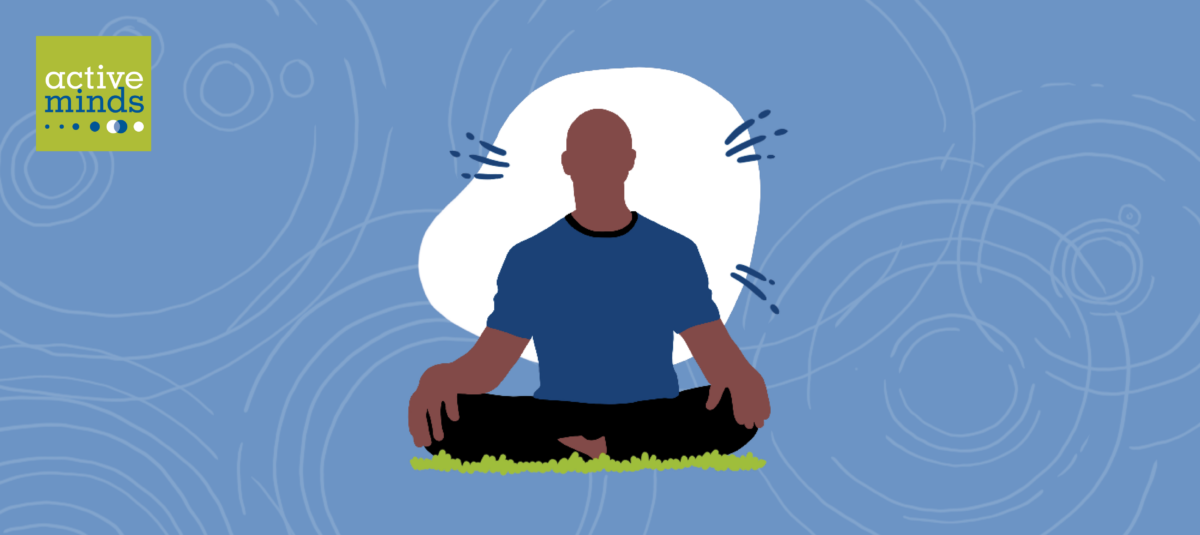The end of the year marks new beginnings for many people. It often represents a fresh start and indicates a pivotal time to make a change. New Year’s resolutions also often present an opportunity for these changes to occur and can interact with our mental health in several ways. First, there are resolutions that can align with our mental health. These resolutions support our mental health by encouraging self-love, acceptance, and self-improvement. Unfortunately, people often succumb to “toxic” resolutions, instead focusing on toxic positivity and how they can go about correcting “flaws.”
It doesn’t have to be this way, though. To help you break the cycle, I have compiled a “Do This, Not That” list of New Year’s resolutions that can align with our mental health while also highlighting their more unhealthy counterparts.
DO: Stay active this New Year to nourish your body and mind.
DON’T: Get active or start a new diet just to lose weight.
There are some common themes to New Year’s resolutions: saving money, personal growth, and making new memories, to name a few. However, perhaps one of the most common resolutions involves exercise and weight loss. These resolutions are not inherently bad — it’s the intent behind them and their execution that can be troubling. For example, diet trends can promote unhealthy eating habits. Instead of resolving to look a certain way, aim to make healthy changes in your life. Start exercising and eating healthily not because you want to change your appearance but because you want to nourish your body. Not sure where to start? Start off small with these resolutions:
- Drink water daily.
- Plan out your meals for the day.
- Partake in daily morning yoga.
DO: Keep trying.
DON’T: “Do better.”
We are conditioned to believe that we must always be productive. Setting a goal to broadly “do better” can invalidate all of the hard work that you’ve already done and isn’t specific enough to actually enact any change. This can lead to disappointment in oneself, lack of direction, and discontentment at the end of the year. Instead of creating broad, unattainable goals, consider focusing on “SMART” goals. Ensure your goals are specific, measurable, achievable, relevant, and time-bound. For example, instead of making a resolution that says, “I want to be less stressed,” an example of a SMART goal would be, “By the end of 2023, I want to be able to successfully meditate for ten minutes each morning without getting distracted.”
DO: Find meaningful community.
DON’T: Keep people in your life who bring you down.
Finding or establishing a community that supports you is a key component of mental well-being. Communities can be built from numerous connections and can range from friends in classes to your neighbors to your local chapter of Active Minds. Instead of settling and keeping people in your life who bring you down, resolve to establish boundaries and find community with those who respect them. Your mental health is not a solo journey — those that we surround ourselves with can have a great impact, positively or negatively, on how we navigate the experiences life presents.
Overall, it’s important to remember that you don’t need a New Year’s resolution to make a change — any time is a good time to start giving yourself the care you deserve. Consider the intentions behind your New Year’s resolutions and work to support your mental health in a safe and effective way.




